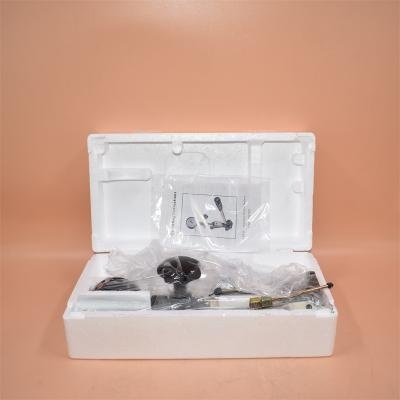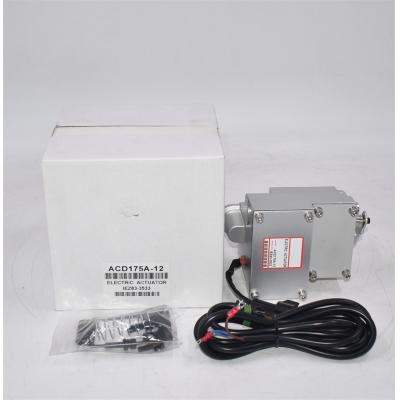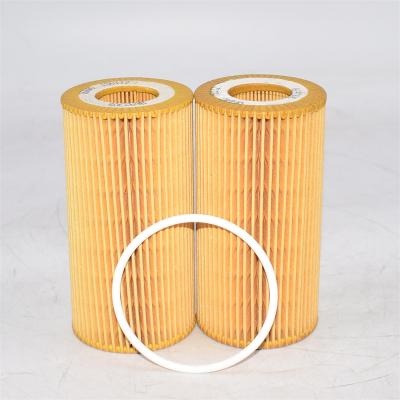Why do cars burn gasoline, trucks burn diesel, airplanes burn kerosene, and ships burn heavy oil?
To understand this problem, we should start from two aspects:
First of all, what are the differences in combustion characteristics between gasoline/diesel/kerosene/heavy oil?
Secondly, what are the different demands for power and fuel for cars/trucks/planes/ships?
Practice has proved that XX is the most suitable fuel for XX when the combustion characteristics (and other characteristics) can meet the use requirements to the greatest extent.
● Gasoline and cars
Gasoline is a small part of petroleum products. It has low density, low calorific value and is volatile. It burns faster than some heavy oil. You can understand it as the difference between lighting gunpowder and burning wood.
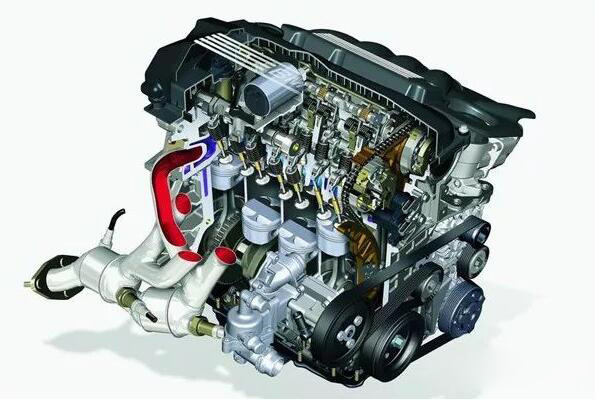
gasoline engine
In addition, compared with ships (cruise ships or military ships)/aircraft (passenger aircraft or fighter aircraft), the book data requirements for automotive engines are negligible. However, the requirements for speed increase are very high, and the size cannot be too large. Especially for some sports cars, the speed of 0-100 km/h is controlled within 5 seconds, so the engine speed is required to be fast. Gasoline is a violent characteristic, more suitable for cars.
● Kerosene and aircraft
The aviation kerosene used in the aircraft is purified from naphtha, paraffin oil, etc. through multiple processes. Compared with the gasoline distilled in one step, it is much more stable, with low density, low calorific value, and low volatility. In the special combustion environment of the turbine, the burning speed is not slower than gasoline.
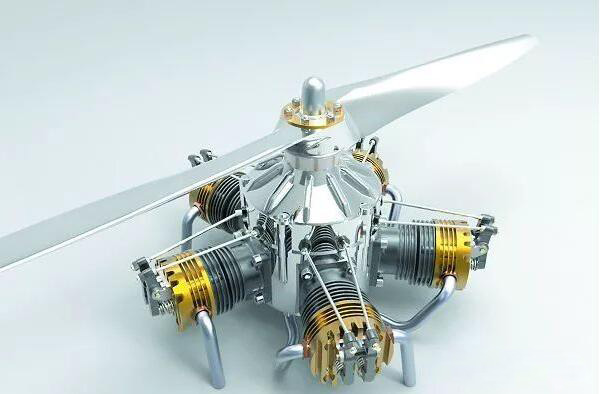
Five cylinder star engine
There are also many kinds of planes. During the Second World War, most aircraft used star shaped internal combustion engines, which were simply reciprocating, burning more gasoline. At the end of the Second World War, modern turbine engines were used in aircraft (first of all fighter aircraft), and the performance of fighter aircraft had made a qualitative leap. Because gasoline volatilizes more easily at high altitude, it is unsafe to use it on aircraft (shooting=explosion), so kerosene with better performance (usually tens of thousands of revolutions) is used. In addition, kerosene has another advantage over gasoline, that is, it is not easy to deposit carbon, which is also extremely important for aircraft engines with high accuracy requirements.
Why not use diesel? It's simple. If you burn too slowly (especially at high altitude and low temperature), and the aircraft has poor maneuverability, how can you fight with people?
● Diesel and trucks
Gasoline is said to be grumpy, kerosene is said to be cheerful, and diesel can be described as stable. It can be divided into light diesel (automobile/truck) and heavy diesel (heavy machinery/small and medium-sized ships). Compared with the former, the latter has higher density, higher calorific value, higher ignition point and higher viscosity. Due to its relatively stable characteristics and low ignition point, it can be ignited under compression without fear of deflagration. It can be made into a large combustion chamber, but it cannot be made into gasoline.
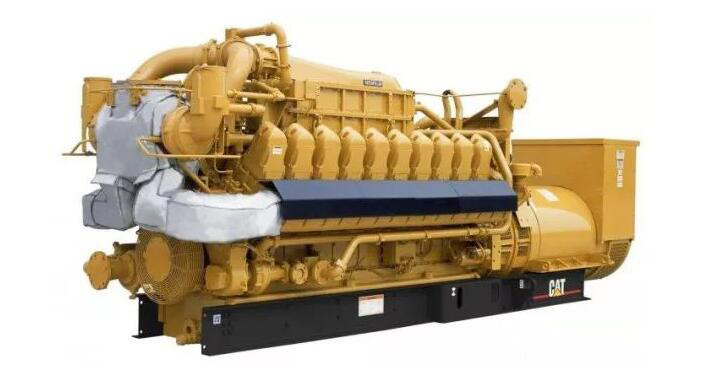
Large diesel engine
For some ships and heavy industrial machinery, there is no need to increase the speed because of the high load, but there are high requirements for power and torque (especially torque). The high calorific value of diesel and the high compression ratio of diesel engine can make full use of its energy. Although the speed cannot be improved, the power is powerful, which is incomparable to gasoline engines.
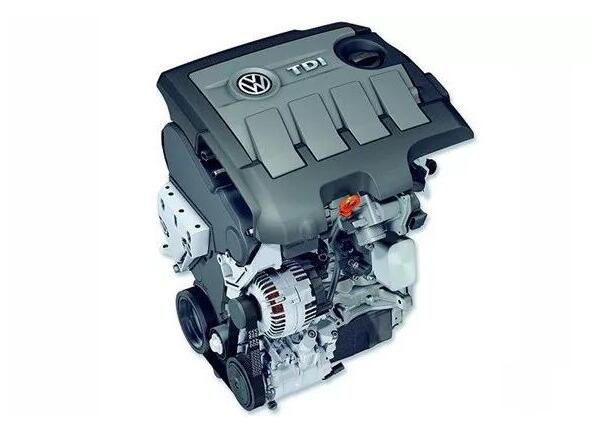
Light diesel engine
For trucks and some family cars using light diesel, because they have little demand for acceleration performance, compared with gasoline engines, light diesel engines have the advantages of simple structure, high reliability and low fuel consumption. In addition, diesel engines may deposit carbon, but they are not sensitive to the adverse reaction of carbon deposition, especially for heavy-duty diesel engines. The manifold is thick, and carbon deposition has a complete effect on the legs of mosquitoes.
● Ships and heavy oil
Heavy oil is a kind of oil that needs to be steamed. Finally, the remaining viscous material has high density and high calorific value, and can be burned for several hours in the vial. If oxygen is insufficient, black smoke billows (a single carbon particle produced by incomplete combustion).
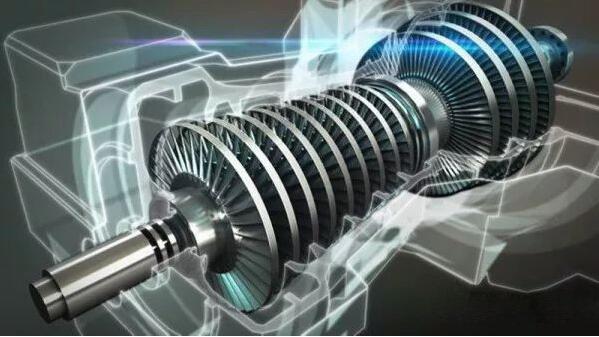
Steam turbine
Previously, this oil could not be used in internal combustion engines at all, because it could not be injected, so it was directly ignited during oxygen charging, and then the boiler was burned to drive the steam turbine as power. Now the technology is more mature. These heavy oils can be used for large two-stroke diesel engines on merchant ships, with a maximum speed of about 100 revolutions. Because the lower the speed, the higher the efficiency, so the efficiency is higher than the main engine used in the car. The most important thing is that heavy oil is very cheap. You should know that the fuel consumption of a ship is calculated in tons. However, heavy oil engines have poor speed change performance, so ships have to use diesel engines when entering the port, which is convenient for dealing with frequent acceleration and deceleration and lane change.




















